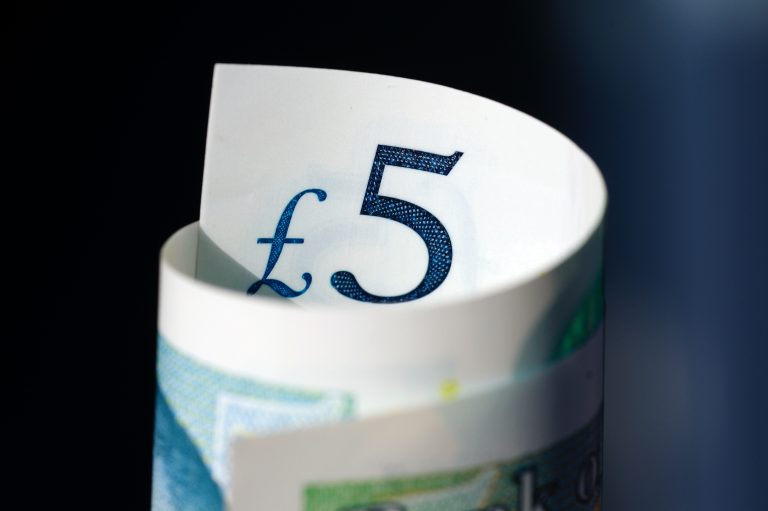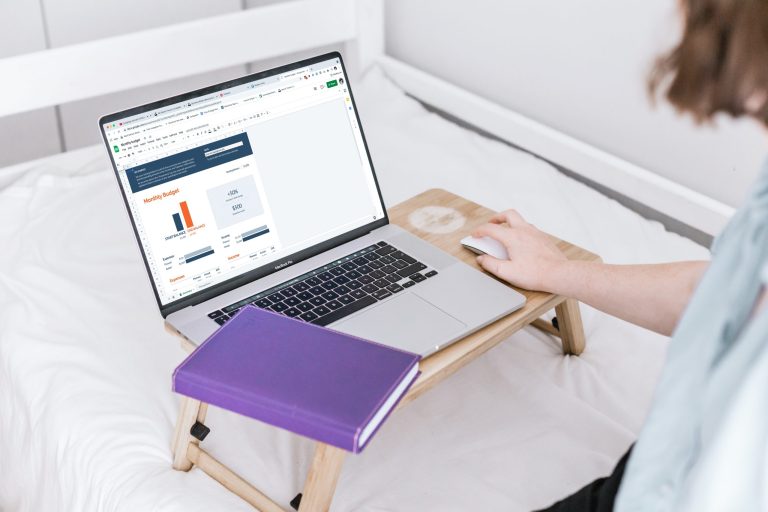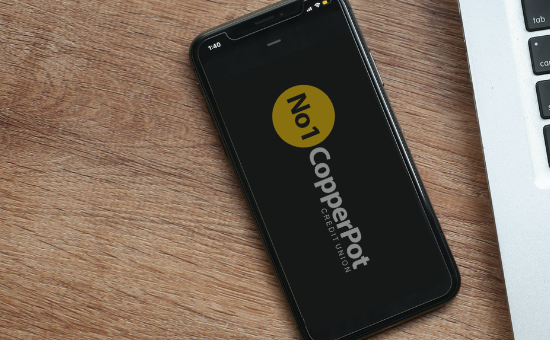- Savings
 SavingsSave regularly, from as little as £5 per month.
SavingsSave regularly, from as little as £5 per month.- Member Account
- Family Member Account
- Junior Account
- Notice Plus Account
- Reserve Account
- Five-Year Regular Saver
- Festive Fund Account
- Discontinued Accounts
- Loans
 LoansHelping you by offering a range of loans for a variety of purposes, direct from your payroll.
LoansHelping you by offering a range of loans for a variety of purposes, direct from your payroll.- Member Loan
- Consolidation Loan
- Commutation Loan
- Student Officer Loan
- Revolving Credit
- Green Loan
- Loyalty Loan
- 70+ Loan
- Credit Builder Loan
- Holiday Loan
- Additional Borrowing
- Discontinued Accounts
- Mortgages
 MortgagesHelping the police family to get on and remain on the property ladder.
MortgagesHelping the police family to get on and remain on the property ladder.- Speak to a Mortgage Adviser
- Mortgage Calculator
- How to apply
- Agreement in Principle
- First Time Buyer
- Fixed Rate Mortgages
- Family Assist Mortgage
- Standard Variable Rate Mortgage
- Budget Planner
- Useful Contacts
- Financial Wellbeing
 Financial WellbeingSome of our top tips to help you manage your money even better.
Financial WellbeingSome of our top tips to help you manage your money even better.- Managing Debt
- Representative APR
- Credit Score
- Gambling awareness
- Stop Loan Sharks
- Jargon Buster
- Fraud Awareness
- Family Financing
- Support for your wellbeing
- Let’s Talk About Money newsletter
- Services and Support
 Services and SupportFind more information on the additional services or support we offer.
Services and SupportFind more information on the additional services or support we offer.- Interest and dividend rates
- Prize Draw
- Life Protection
- Notify us of your retirement
- FAQs
- Annual General Meeting
- About Us
 About UsFind out more about the biggest police credit union in the UK.
About UsFind out more about the biggest police credit union in the UK.- About Us
- Board of Directors
- Mission Statement
- News
- Contact Us
Written by: Ben Kirkman
Category: Let's talk about money
Read Time: 4 minutes
When it comes to financing a new or used car, the choices can often seem overwhelming. Among the most popular options are Personal Contract Purchase (PCP), car leasing, and personal car loans. Each has its unique benefits and drawbacks, and understanding these can help you make an informed decision. Here, we break down the differences and advantages of each, with a focus on our Member Loan.
Benefits comparison
| PCP | Traditional Car Leasing | No1 CopperPot Member Loan | |
|---|---|---|---|
| Deposit Needed | Yes | Yes – often required | No |
| Who owns the car during the term? | The lender | The leasing company | You |
| Who owns the car at the end of the term? | You can return the car, part exchange or pay a balloon payment to own the car | The leasing company, unless you buy it | You |
| Do I need to buy it from a certain dealership? | Yes | Yes – specific leasing dealerships | No |
| Could I borrow more than the car’s value? | No | No | Yes |
| Monthly payments | Low | Mid-low | Usually higher than PCP or leasing |
| Final Balloon payment | Yes | No, unless they give you an option to buy | No |
| Are there any other restrictions? | Mileage restrictions, No damage to car other than wear and tear | Mileage restrictions, No damage to car or modifications | Responsible for maintenance, insurance, and tax |
Personal Contract Purchase (PCP)
What is PCP?
Personal Contract Purchase (PCP) is a form of car finance where you pay lower monthly instalments compared to other methods. At the end of the contract, you have the option to make a final ‘balloon’ payment to own the car, return the car, or trade it in for a new one.
Advantages of PCP:
-
Lower Monthly Payments: PCP typically offers lower monthly payments compared to leasing and car loans.
-
Flexibility: At the end of the term, you can choose to buy the car, hand it back, or use any equity towards a new car.
-
Up-to-Date Vehicles: Allows you to drive a newer car more often, as you can trade it in at the end of the term.
Considerations:
-
Mileage Limits: PCP agreements often come with mileage limits. Exceeding these can result in additional charges.
-
Final Payment: The balloon payment at the end can be substantial if you choose to keep the car.
Traditional Car Leasing
What is Car Leasing?
Car leasing is a method where you rent a car for a set period, typically 2 to 4 years. During this time, you make monthly payments but do not own the vehicle. At the end of the lease, you return the car or have the option to buy it, depending on the lease agreement.
Advantages of Car Leasing:
-
Lower Initial Costs: Leasing often requires a lower deposit than a car loan, and sometimes none at all.
-
Drive Newer Cars: Leasing allows you to drive a new car every few years without worrying about selling or trading in an old vehicle.
-
Fixed Monthly Payments: Payments are often lower than a car loan, making it easier to budget.
Considerations:
-
No Ownership: You never own the car unless you choose to buy it at the end of the lease, which can involve additional costs.
-
Mileage and Condition Restrictions: Leases come with mileage limits, and you’ll need to return the car in good condition to avoid extra charges.
-
Limited Customisation: Since you don’t own the car, modifications are generally not allowed.
Car Loan
What is a Car Loan?
A car loan is a traditional method of financing where you borrow a lump sum to purchase a vehicle. You then repay the loan in instalments over a set period, with interest.
Advantages of Car Loans:
-
Ownership: You own the car outright from the start, as the loan is used to purchase the vehicle.
-
Flexibility: No restrictions on mileage or condition of the car.
-
Competitive Interest Rates: Depending on your credit score, you might secure a lower interest rate compared to PCP or leasing.
Considerations:
-
Upgrading a Car: To upgrade or change your car, it can involve more steps than a PCP agreement as you would need to sell the car and repay the loan before purchasing a new one.
-
Depreciation: Since you own the car, you’re responsible for its depreciation from day one.
No1 CopperPot’s Member Loan
We offer a competitive car finance loan through our Member Loan. Some benefits of choosing our loan to finance your car are:
-
Straightforward Rates: Other lenders use representative APR rates, so the actual interest rate you receive could be higher than what’s advertised. We don’t, which means you’ll know the exact rate you’re getting when you apply.
-
Flexible Terms: Choose a repayment term that suits your financial situation. Repay at any time without early repayment charges.
-
Member-Focused: As a credit union, No1 CopperPot prioritises the financial wellbeing of its members, offering personalised service and support. Our dedicated loan officers consider more than just your credit score.
Discover more about our Member Loan by clicking here.
Choosing the right car finance option depends on your personal circumstances and preferences. PCP offers flexibility and lower monthly payments, traditional car leasing provides a way to drive new cars without ownership, and a traditional car loan gives you immediate ownership and flexibility. When comparing costs, it’s important to compile a comparison of quotes and consider whether you can afford the monthly repayments as well as comparing the overall cost over the life of the finance option.
| Subscribe to our monthly “Let’s talk about money” newsletters here! |
Written by,
Alexandra Ly
Marketing Communications Manager





